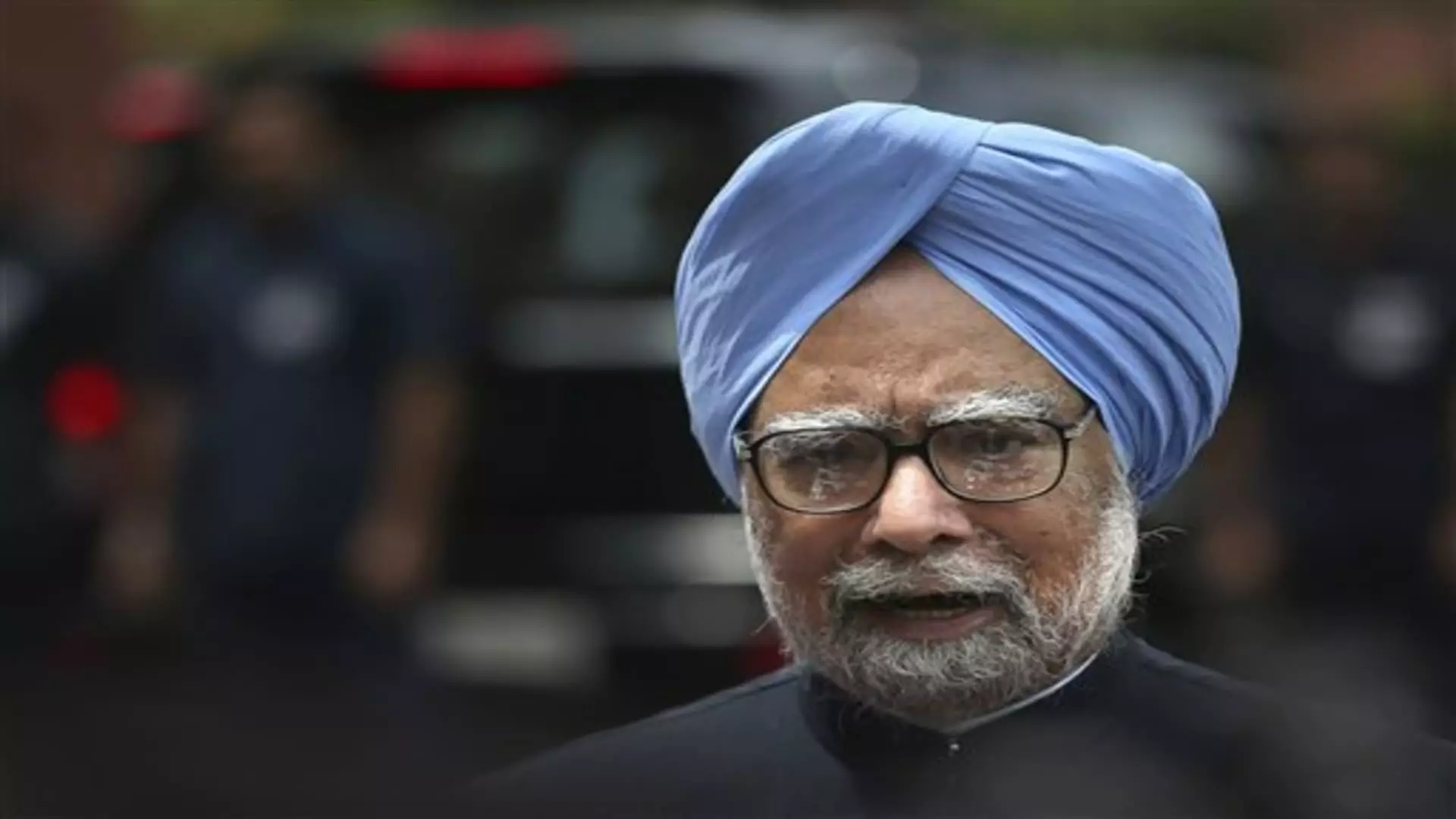Manmohan Singh, often referred to as a “reluctant king,” embodied a paradox in Indian politics—a leader who shied away from the limelight yet orchestrated significant transformations within the nation. Born on September 26, 1932, in what is now Pakistan, Singh’s humble beginnings sharply contrast with his tremendous accomplishments as India’s Prime Minister from 2004 to 2014. His intellectual journey took him from studying under candlelight to earning a doctorate at Oxford University, illustrating not just resilience but also an unwavering commitment to education. Singh’s professional path as an economist led to influential roles, including the governorship of the Reserve Bank of India, before a sudden and unexpected entry into politics.
Singh’s ascent to the role of Finance Minister in 1991 came during a time of tremendous economic turmoil for India. Tapped by then-Prime Minister Narasimha Rao, Singh implemented pivotal reforms that salvaged the country from a balance of payments crisis. These reforms laid the groundwork for a liberalized economy and marked the beginning of India’s emergence as a global player in the economic arena. His initiatives, primarily focused on deregulation and encouraging foreign investment, were groundbreaking for a nation previously seen as insular and protectionist.
The leap from Finance Minister to Prime Minister was unexpected, not just for Singh but for the entire political landscape. Sonia Gandhi, the leader of the Congress party, hesitated to assume the role due to concerns regarding her Italian heritage amidst a politically charged environment. Instead, Gandhi nominated Singh as a compromise candidate. This decision heralded an era marked by exponential economic growth, but it also foreshadowed the difficulties Singh would face.
During his tenure, Singh’s government witnessed noteworthy accomplishments, such as the introduction of welfare schemes aimed at uplifting the rural poor and the monumental Indo-US nuclear deal that opened doors to new levels of cooperation. However, despite the successes, Singh’s leadership was not without pitfalls. His government was frequently embroiled in political discord, both within the Congress party and with coalition allies. The perception that Sonia Gandhi was the true power behind Singh’s administration created significant media scrutiny and political dissent, overshadowing Singh’s contributions to governance.
The Fall from Grace
The later years of Singh’s premiership revealed the fragility of his government. Spectacles of corruption within his administration began to erode public trust, culminating in widespread protests that questioned the effectiveness of his leadership. Although Singh was personally viewed as honest and principled, the inability to manage the political stream of scandals severely impacted his legacy. By 2012, his government faced further instability as critical allies withdrew support, leading to a minority status and precipitating a political crisis that culminated in significant losses for Congress in the 2014 elections.
The electoral shift to the Bharatiya Janata Party (BJP) and its charismatic leader, Narendra Modi, represented not only a change in government but a broader political reorientation in India. Modi’s promises of economic revival and a crackdown on corruption resonated with a populace frustrated by the stagnation and scandals that characterized the latter part of Singh’s tenure.
In retrospect, Singh’s years in office reflect a complex tapestry of achievement and adversity. Many contemporaries and economists recognize his tenure as pivotal in charting India’s path toward globalization. However, the disparities between his domestic political realities and global achievements reveal the inherent challenges of leading a diverse and populous nation in a rapidly changing world.
As news of his passing reverberated through India, tributes poured in, acknowledging Singh’s substantial contributions while also recognizing the nuances of his legacy. Prime Minister Modi expressed condolences, portraying Singh as one of India’s distinguished leaders. Yet, evaluating Singh’s impact goes far beyond mere accolades; it invokes a discussion about the challenges that continue to plague democracy in India.
Singh leaves behind a family filled with pride at his achievements, survivors of both his remarkable ascent and his eventual political decline. His disciplined approach to governance, marked by integrity and a commitment to economic reform, serves as a testament to the potential for quiet leaders to make a significant difference. The balance between hope and disillusionment that characterized Singh’s reign is a poignant reminder of the complex nature of political leadership. As India reflects on his legacy, it is clear that Singh will always be remembered—not just for what he accomplished but for the profound lessons learned during his time in office.


Leave a Reply